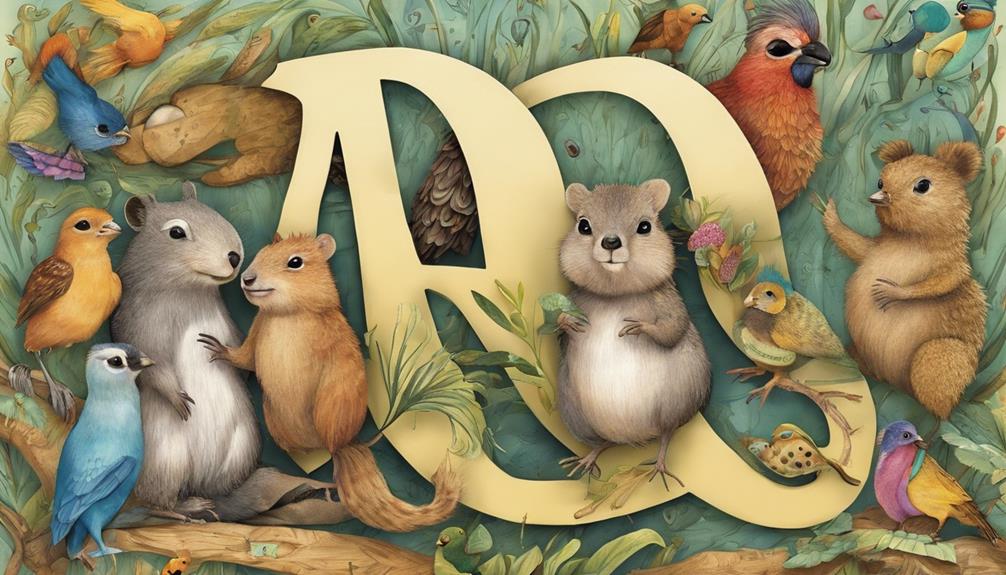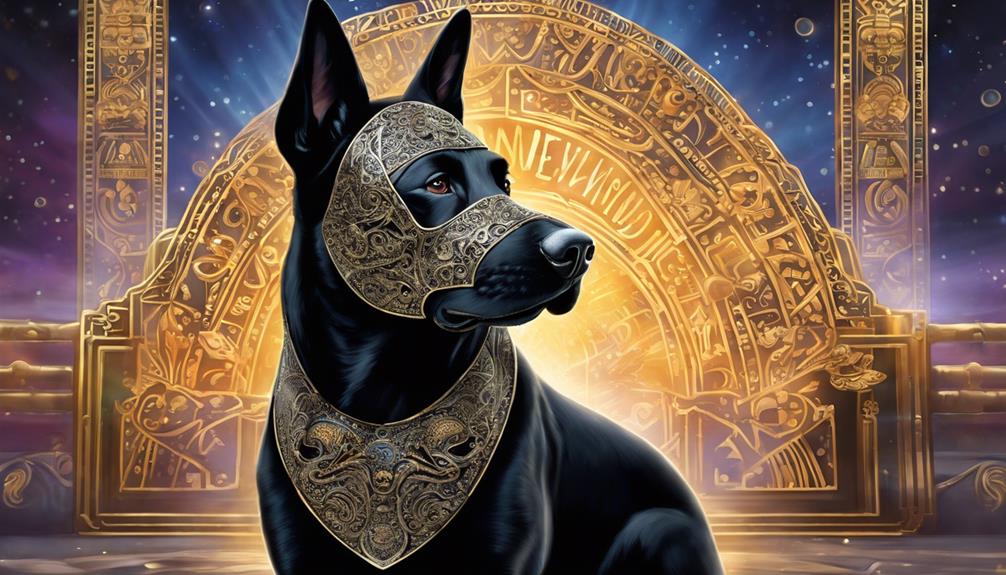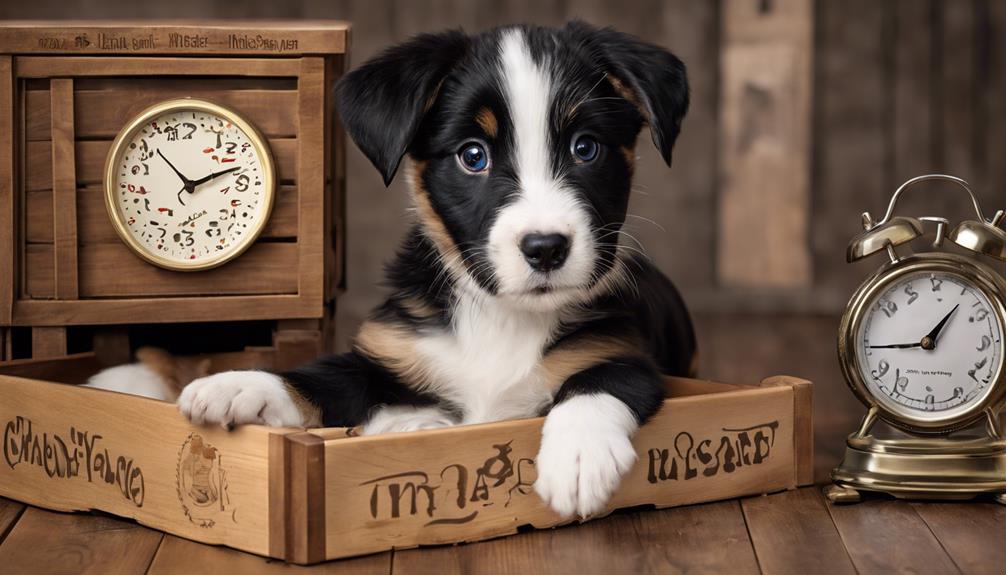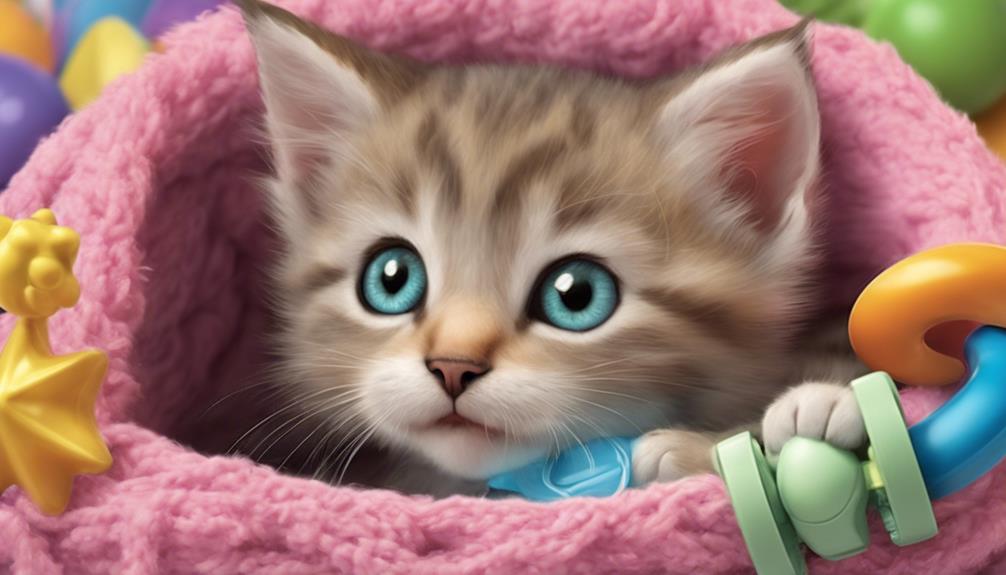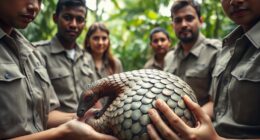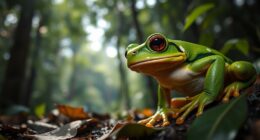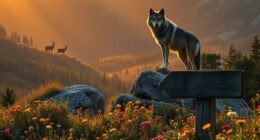Discover the quirky Quetzalcoatlus, a pterosaur from the Late Cretaceous with a massive 33-foot wingspan. Meet the unique Quoll, known for its fearsome nature and essential role in ecosystems. Explore the revived Quagga, a zebra relative once on the brink of extinction. Encounter the friendly Quokka, a hopping marsupial native to Australia. Learn about the nimble Quail, distinguished by their calls and caution when dining on potentially toxic plants. Each of these animals has a fascinating story waiting to be uncovered.
Key Takeaways
- Quetzalcoatlus: Enormous pterosaur from Late Cretaceous period.
- Quoll: Unique carnivorous marsupial with various species.
- Quagga: Zebra relative revived in South Africa.
- Quokka: Friendly Australian marsupial from kangaroo family.
- Quail: Nimble field-roaming bird with distinctive calls.
Quirky Quetzalcoatlus
In the Late Cretaceous period, we marveled at the Quirky Quetzalcoatlus, one of the largest flying animals with a wingspan reaching up to 33 feet. These Queen Alexandras of the skies belonged to a group of pterosaurs, not birds, making them distinct from the feathered creatures we see today. Despite their immense size, Quetzalcoatlus were agile flyers, expertly traversing the ancient skies in search of food.
These large flying animals, with their impressive wingspans, likely dominated the skies during their time. Fossils discovered in North America reveal the grandeur and scale of these majestic creatures. The Quetzalcoatlus is a fascinating example of the incredible diversity of life that existed during the late Cretaceous period.
As we study these ancient beings, we gain valuable insights into the history of our planet and the remarkable adaptations that allowed creatures like the Quetzalcoatlus to thrive in a world vastly different from our own.
Quirky Quoll
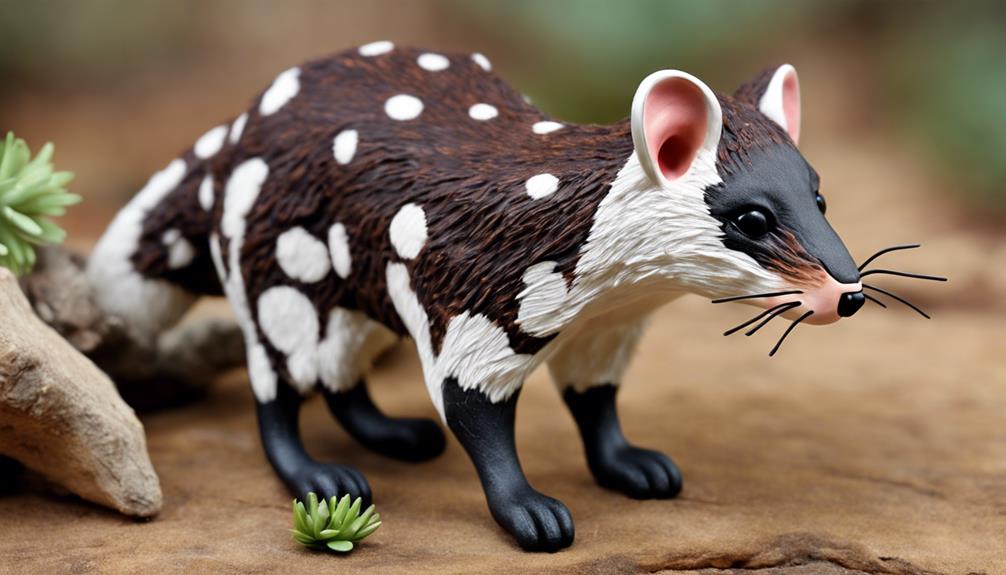
Nestled among the diverse landscapes of Australia and New Guinea, the quirky Quoll stands out as a small marsupial with a big presence. Quolls are fascinating creatures that have captivated researchers and wildlife enthusiasts alike. Here are some intriguing facts about these small marsupials:
- Quolls are known for their unique evolutionary adaptations that set them apart from other marsupials.
- Despite their modest size, quolls have a fearsome disposition, making them intriguing subjects for study.
- Geographical isolation and diverse environments have led to the development of various species within the quoll family.
- These carnivorous marsupials play an important role in their ecosystems as predators of insects and small mammals.
The conservation of quoll populations is essential due to threats like habitat loss and invasive species. By understanding and protecting these quirky predators, we can safeguard the balance and health of the ecosystems they inhabit.
Quirky Quagga
Surprisingly, the Quirky Quagga, a fascinating relative of the zebra, once roamed the grasslands with its striped upper body markings before facing extinction. This unique creature had a diet comprising 90% grass, spending its days munching away in the open fields. The Quagga played a vital role in its ecosystem before its unfortunate disappearance.
However, there's a glimmer of hope as scientists in South Africa successfully revived the Quagga species, bringing back a piece of history that was once lost. The Quagga's reappearance serves as a proof to the resilience of nature and the dedication of conservation efforts.
The Quagga's distinct appearance with striped upper body markings set it apart from its zebra relatives, making it a truly alluring sight in the grasslands. Its revival not only adds to the biodiversity of the region but also highlights the importance of preserving our planet's precious species.
Quirky Quokka
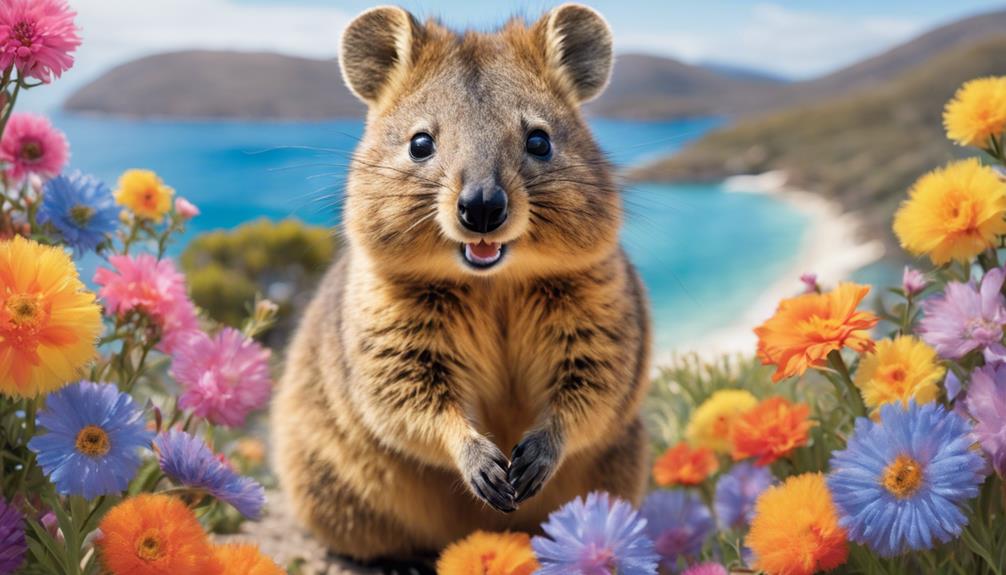
Quokkas, endearingly known as the happiest animals on earth, are marsupials native to Australia and part of the kangaroo family. These small creatures captivate hearts with their cheerful expressions and unique behaviors. Here are some fascinating facts about quokkas:
- Pouches: Like their kangaroo relatives, quokkas carry their young in pouches, providing a safe and cozy spot for their joeys to grow.
- Friendly Demeanor: Despite their sharp teeth, quokkas are generally friendly and approachable, making them a favorite among visitors to their habitat.
- Island Adventurers: Quokkas have a curious habit of wandering into shops on an Australian island, adding a touch of whimsy to daily life for both locals and tourists.
- Unique Hopping: These adorable creatures move around by hopping, showcasing their agility and charm as they explore their surroundings.
Quokkas truly embody the joy and wonder of the animal kingdom, spreading smiles wherever they go with their infectious positivity.
Quirky Quail
Roaming through the fields at dawn, quail pair up in late Spring, searching for berries, insects, seeds, and leaves. These birds, recognized for their distinctive calls and behaviors, enchant us with their nimble movements and rapid flying skills. With strong wings that enable them to reach speeds of up to 40 miles per hour, quail are truly remarkable creatures.
Nevertheless, it's crucial to be cautious, as some quail species can be poisonous. This toxicity arises from their diet of Hemlock, a plant that can transfer toxins to the quail. To mitigate any potential risks, choosing farm-raised quail is a safer option for consumption.
The melodious calls of quail reverberate through the fields, adding a delightful soundtrack to nature's symphony. Watching these small birds as they diligently search for sustenance reminds us of the delicate balance of the ecosystem they're part of. So let's treasure the presence of quail in our surroundings, valuing their beauty and contribution to the natural world.
Frequently Asked Questions
What Animal Name Starts With an Q?
We found an intriguing animal name that starts with "q". Quetzalcoatlus, a massive flying creature, and Quetzal, a gorgeous bird, are just a couple. Quolls, the feisty marsupials, also add charm to the list.
What Is Q Word for Animal?
We found out that the Q word for animal is 'Quetzalcoatlus northropi,' a massive pterosaur. It's cool how names reflect the magnificence of creatures. Learning about these unique beings is fascinating and enriches our understanding of the animal kingdom.
What Is a Marsupial That Starts With Q?
We found a marsupial that starts with "q." It's the quoll. These little critters from Australia and New Guinea are fierce climbers with unique feet. Quolls eat frogs, insects, and small animals.
What Is a South African Animal That Starts With Q?
We discovered the Quagga, a stunning South African animal starting with Q. Scientists brought it back from temporary extinction. These striped beauties munch on grass all day, maintaining their ecosystem's balance. Conservationists' efforts shine through.
Conclusion
To sum up, these quirky animal names remind us of the diverse and fascinating world of wildlife that surrounds us.
As the saying goes, 'Don't judge a book by its cover,' these unique creatures may have unconventional names, but they're just as important and interesting as any other species.
Let's embrace the diversity of the animal kingdom and continue to learn and appreciate the wonders of nature.
